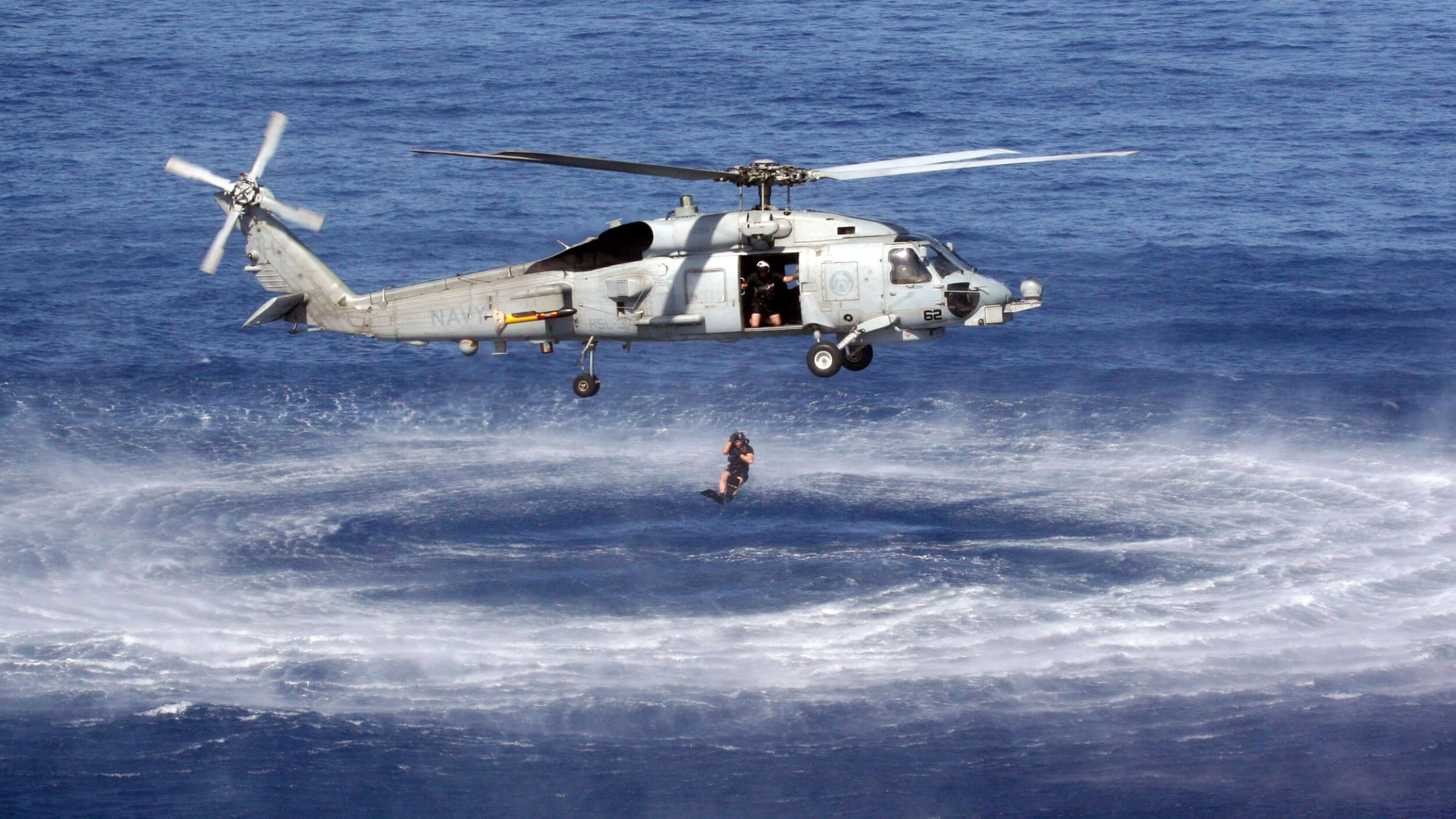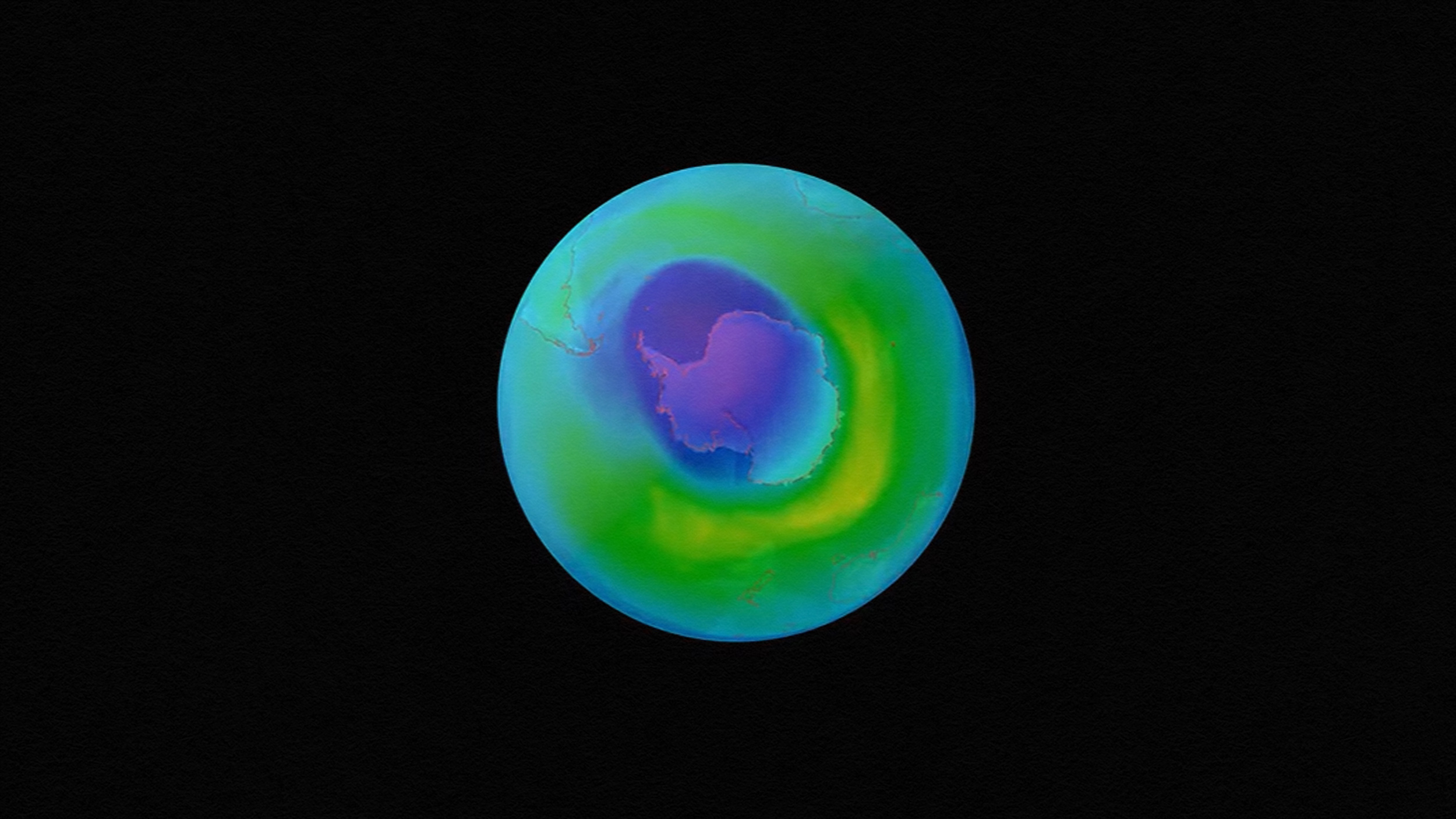As a boy, Robert Stone loved tales of “romantic adventure.” In the Navy he got to experience one himself, as a member of the Antarctic expedition “Operation Deep Freeze III.”
Question: Which writers influenced you most as a young man?
Robert Stone: I think I was still in grade school when I began to understand the degree of pleasure I was taking in telling stories and in language and in words and the power I felt they had. I took to repeating words over and over to myself and making connections with them. And I really liked telling stories and I really enjoyed language and what it did and what seemed to be its possibilities.
When I was a child, I read the kind of books that children read and series of adventure stories, like The Hardy Boys and this kind of thing. As I got a little older, I read Kipling. I read the first moderns. I read Stephen Crane, The Red Badge of Courage. One of the first modernist novelists that I ever read was John Steinbeck and I was really moved by Steinbeck and his lyricism and maybe his sentimentalism, but then I discovered Hemingway and I read The Sun Also Rises, and I think any writer of my generation was probably electrified, or given fits by Hemingway. Just the sheer pleasure you could take in reading Hemingway, the astonishing nature of the discoveries he made about non sequiturs and how words could cast shadows and how you could use the white space. And this was all in one rush of reading.
It wasn't an uncommon reading list for the most part. It was everything I blended into. I read the African adventure stories of Paul Duchieu, who was apparently a preposterous self-mythologizer who explored, or claimed to have explored, Africa in the 1860's. I read Admiral Byrd's accounts of his expeditions, which was kind of ironical because I was eventually going to be on one of Byrd's expeditions, one he himself did not conduct because he had died. All those stories of romantic adventure.
Question: How did your voyage to Antarctica come about?
Robert Stone: Well, I had been reading these accounts, which I now realize were ghostwritten by some Navy PR man, such as I would sort of be later. And I joined the Navy and I went to radio school and I was detached to a radio outfit to go aboard the USS Arneb under the command of an Admiral named Dufek who was following through on the Operation Deep Freeze III of voyages. So, I was the, I think what they called me was the Senior Enlisted Journalist on Operation Deep Freeze III. It gave me the official rate of Journalist 3rd Class. I mean, I was a kid. I was really quite young, so I got a huge charge out of all of this, out of going around the world, out of being down in the Antarctic, and being 20 years old, and being technically a non-com, and I loved being at sea. I always have. Sort of **** with my reading in a crazy way. I felt that the years that I was in the Navy I was kind of growing up in the Navy, that somehow I was doing something I had always wanted to do and I had the odd feeling you get when you were young when you suddenly find yourself doing something you think you've always wanted to do.
Recorded December 9, 2009
Interviewed by Austin Allen





